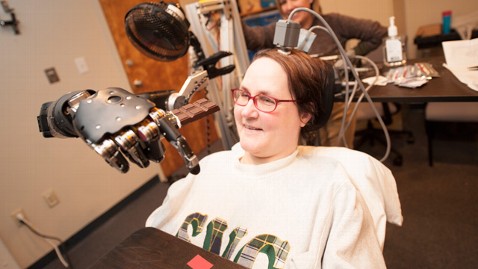The conclusions of a ‘citizens’ jury’, reported recently in the British Medical Journal [1] shed light on some important weaknesses in the doctrine of ‘informed consent’. The doctrine is commonly thought of as canonical. Be careful about questioning its exalted status: you’ll be branded paternalistic at best, and the indictment may well involve unflattering comparisons with Dr. Mengele.
The ‘jury’, composed of 25 women, commented on how a leaflet on breast cancer screening should be re-drafted. The jury preferred:
– the term ‘overtreatment’ to ‘over-diagnosis’
-to express benefits in the language of lives saved rather than deaths avoided
– to talk about ‘benefits’ and ‘risks’ rather than ‘pros’ and ‘cons’
– to begin the leaflet by an up-beat reference to the numbers of lives saved by screening, followed by the caveat that a small number of women would be over-treated.
What was the priority: reassurance or accuracy? The majority (15), wanted both; 3 thought that reassurance was most important; 7 thought that accuracy was the priority.
How should one list the benefits and harms? Four thought they should be listed together in the same sentence, 8 that they should be listed separately, and 12 for mentioning them first separately and then together.
The point of all this is that there are innumerable different ways, all of which would be smiled on by Bolam [2], in which entirely accurate information can be conveyed. And yet tiny nuances are seen by the receivers of the information as significant.Read More »Informed consent deserves a little less respect

